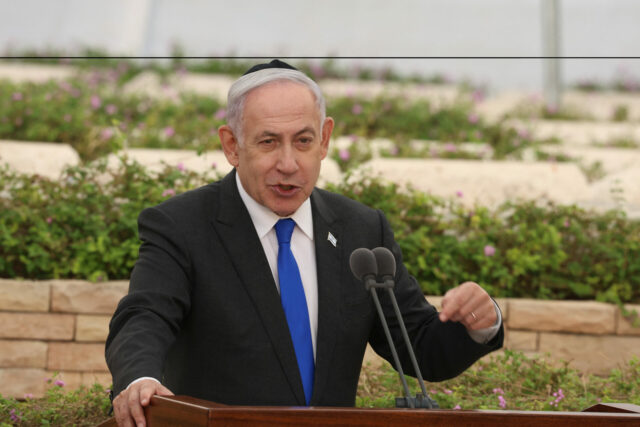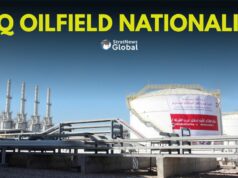
Israel’s Prime Minister Benjamin Netanyahu said on Monday that his country’s air attack on Iran last month hit an element of Tehran’s nuclear programme while degrading its defence and missile production capabilities.
“It’s not a secret,” Netanyahu said in a speech in parliament. “There is a specific component in their nuclear programme that was hit in this attack.”
He did not identify the component, but added that Iran’s path to a nuclear weapon had not been blocked.
He said Israel’s ability to act against Iran’s nuclear programme “will be re-evaluated” together with the White House once Donald Trump takes office in January.
The irony is, Israel is the only nuclear capable power in that part of the world. It even has an active reactor at Dimona in the Negev Desert. But Israel has never admitted to having a nuclear weapons programme although the widsespread sense is that it has.
He said Israel’s decision not to attack “certain targets” in Iran in response to ballistic missile attacks from that country, was not made because of an American ultimatum. The targets may have been Iran’s oil production facilities or even various nuclear sites.
On Oct. 26, Israeli fighter jets carried out three waves of attacks on Iranian military targets, a few weeks after Iran had fired a barrage of about 200 ballistic missiles against Israel. This followed a previous exchange of direct attacks in April.
Netanyahu, in his speech, offered a few more details on what Israel had targeted. Israel’s April strike, he said, was narrower, taking out one of four Russian-supplied S-300 surface-to-air missile defence batteries around Tehran, the Iranian capital.
He said that in October, Israel destroyed the remaining three batteries and caused serious damage to Iran’s ballistic missile production capabilities and its ability to produce solid
fuel, which is used in long-range ballistic missiles.
With Reuters inputs
Thirty eight years in journalism, widely travelled, history buff with a preference for Old Monk Rum. Current interest/focus spans China, Technology and Trade. Recent reads: Steven Colls Directorate S and Alexander Frater's Chasing the Monsoon. Netflix/Prime video junkie. Loves animal videos on Facebook. Reluctant tweeter.




